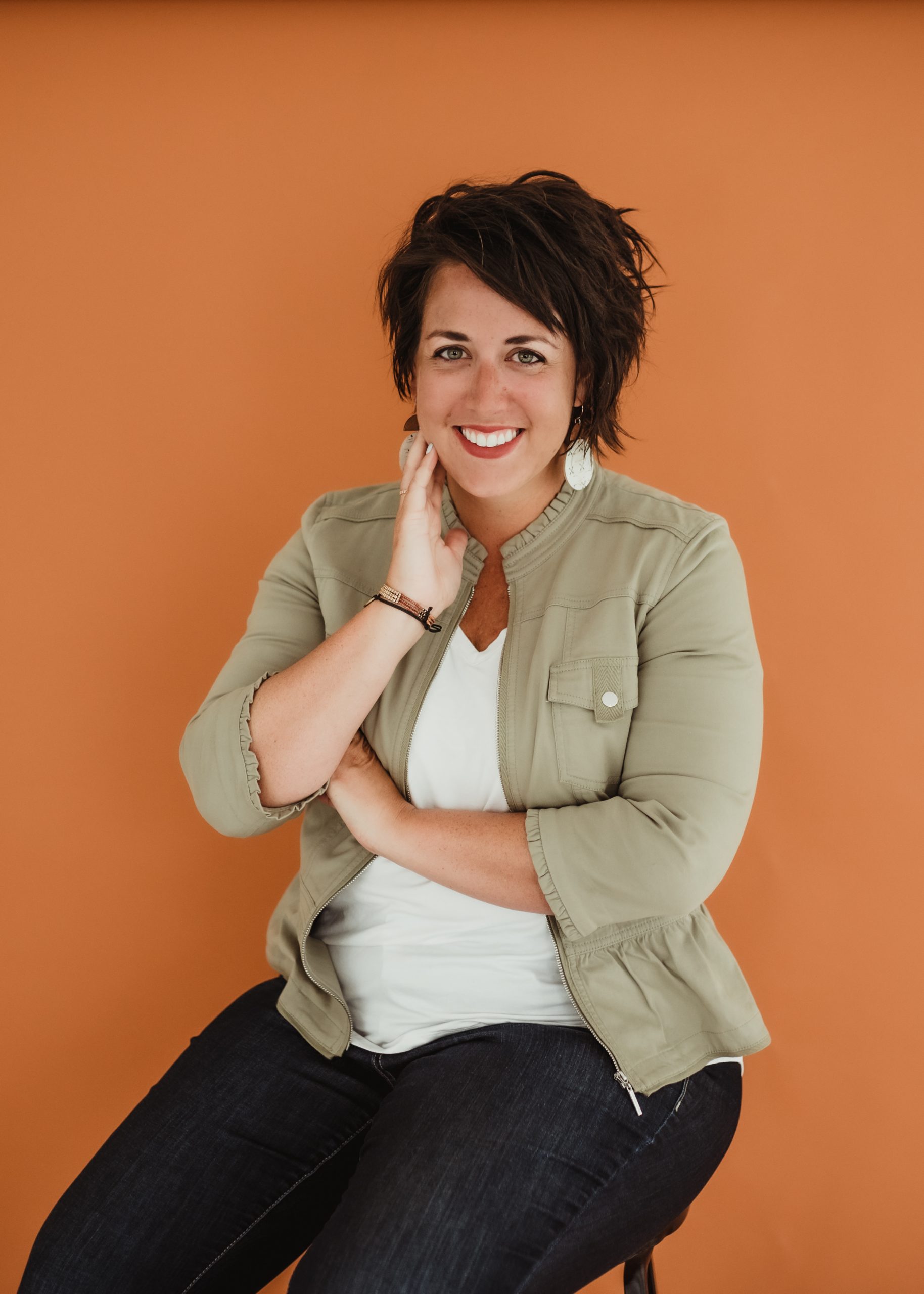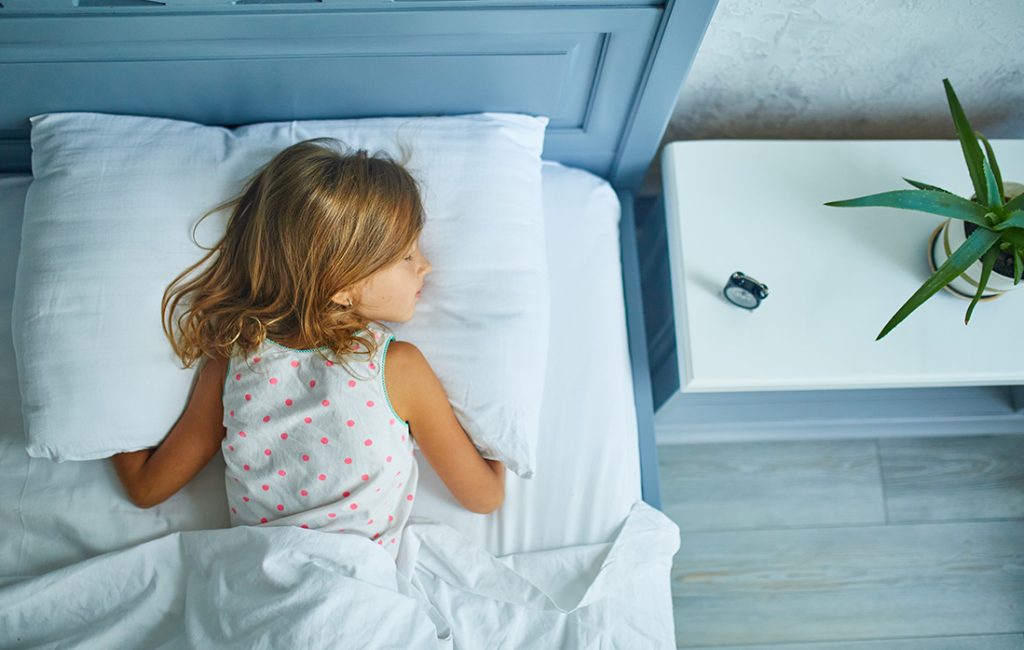
It’s one of the great stressors of parenting, and it can go on for years — how to get those kids to go to sleep, and stay asleep, for everyone’s sake. One of the more popular remedies surging in recent years has been using melatonin, often in the form of gummies for young kids through teens, to help them calm down and drift off. But, there’s been much debate over safety, efficacy, and other concerns, such as whether it might prevent them from learning to sleep on their own. With up to 1 in 4 kids having trouble falling and staying asleep, it’s an issue at the top of parents’ minds.
While it used to be less popular to give your kids a supplement to sleep, now a new American Academy of Sleep Medicine survey (1) reports that 46 percent of parents have given their kids melatonin. The survey conducted in March 2024, compiled results from 2,005 adults in the U.S., 1,003 of which have children 18 or younger living with them. They responded that 46 percent of parents have given their child under 13 melatonin to help them fall asleep, and 30 percent had given their teen over age 13 melatonin.
Melatonin is a hormone that our bodies naturally produce, in the pineal gland, that controls our biorhythms, also known as our sleep cycles. Children produce more melatonin than adults — hence the phrase “sleep like a baby” — and other factors can impact our levels. These include exposure to blue light vs. natural light, caffeine and alcohol, and other considerations.
While parents with kids struggling to sleep can supplement their diets with fish, grains, fruits and veggies such as bananas and tart cherries, eggs, and nuts, anyone with a kid knows that these aren’t always their favorite go-to foods. So, some parents turn to melatonin supplements, which are likely to be met with less resistance in gummy form than a grilled fish dinner, for some kids.
The survey further distinguished some demographics more likely to have tried melatonin with their kids than others:
- Fathers were more likely than mothers to give teens melatonin, at 36 percent of fathers versus 23 percent of mothers
- Parents in the age group of 25-34 were more likely to give melatonin than other age groups to their kids under 13
- Millennial parents were most likely to give melatonin to younger kids compared to other generations
- Parents in the West are more likely than other areas to give melatonin to kids under 13, followed by parents in the South.
One recent concern parents might grapple with is recent findings this summer that show most melatonin supplements had different levels of melatonin than their labels suggested. Researchers found 22 of 25 tested brands to have varying ranges from 0 to 347 percent, and even found one brand to have no melatonin as advertised, but 31.3 mg of CBD instead. Not only is this potentially dangerous and obviously misleading, but it points to a larger issue of the consequences of a largely unregulated supplement industry in the U.S.
Researchers noted in the April 2024 study’s discussion (2) that the potential risk of exposure to up to 130 times higher quantities than parents thought they were giving is alarming. In addition, pediatric melatonin ingestions reported through the National Poison Data System show a 530 percent increase from 2012 to 2021, and 94 percent of those reports were unintentional ingestions (3).
All this unrest over the right way to use melatonin with kids is quite confusing for parents, especially if pediatricians are giving conflicting advice, though the American Academy of Pediatrics’ (AAP) stance is to ask those doctors yourself. They do say, though, to not rely on melatonin to solve long term sleep problems — “It takes hard work to actually have a normal, healthy bedtime and sleep routine,” an AAP expert explained.
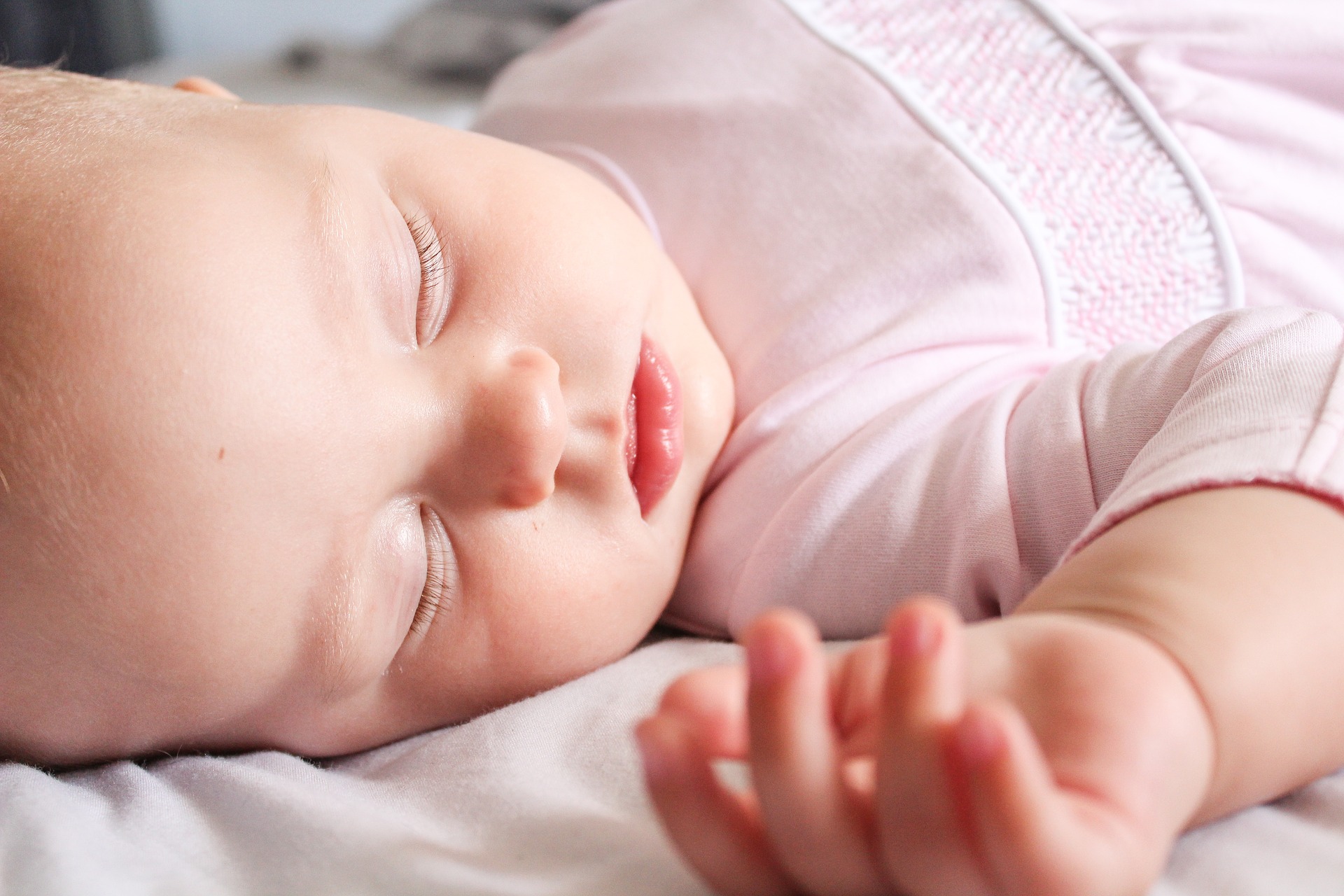
Cry It Out Baby Sleep Training — Ultimate Guide
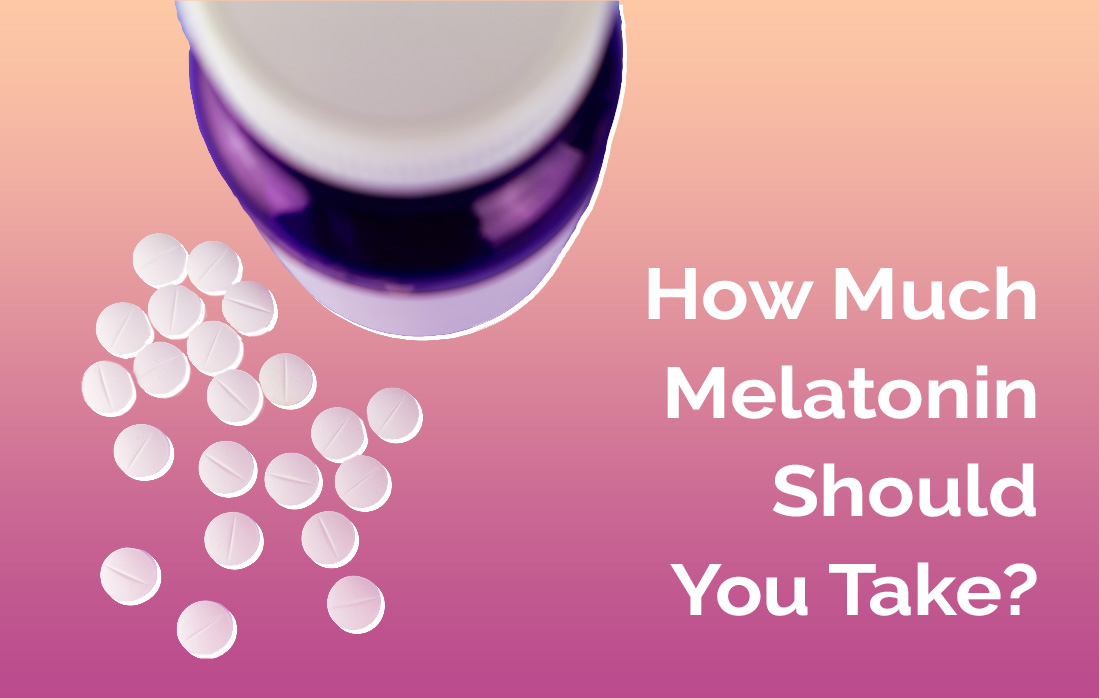
Melatonin Dosage: How Much Should You Take by Age and Weight?
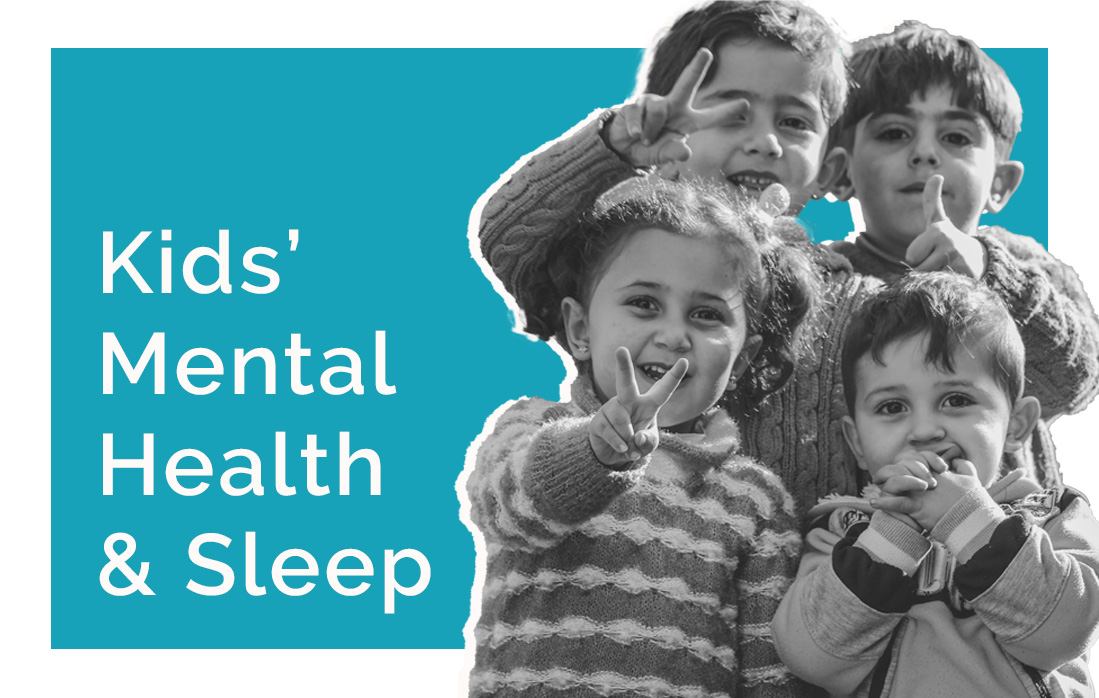
A Complete Guide to Kids’ Mental Health and Sleep
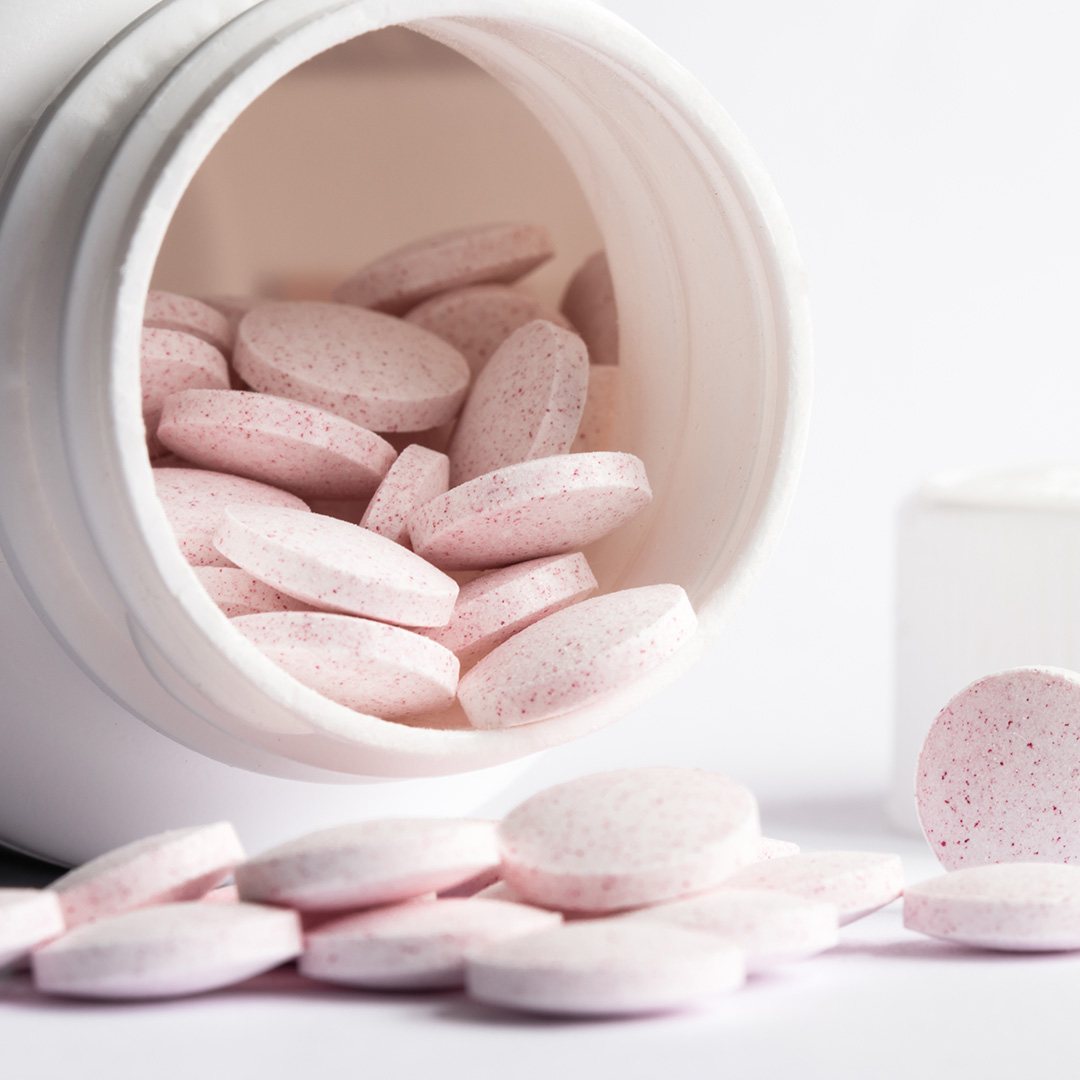
All the Conflicting Information About Melatonin and Kids
Sources
1. American Academy of Sleep Medicine, “AASM Sleep Prioritization Survey,” https://aasm.org/wp-content/uploads/2023/09/sleep-prioritization-survey-2023-childrens-melatonin-use.pdf. 2024.
2. Cohen PA, Avula B, Wang Y, Katragunta K, Khan I. Quantity of Melatonin and CBD in Melatonin Gummies Sold in the US. JAMA. 2024;329(16):1401–1402. doi:10.1001/jama.2023.2296
3. Karima Lelak; Varun Vohra, Pharm; Mark I. Neuman; Michael S. Toce; Usha Sethuraman. “Pediatric Melatonin Ingestions — United States, 2012–2021,” CDC. June 3, 2022.



























